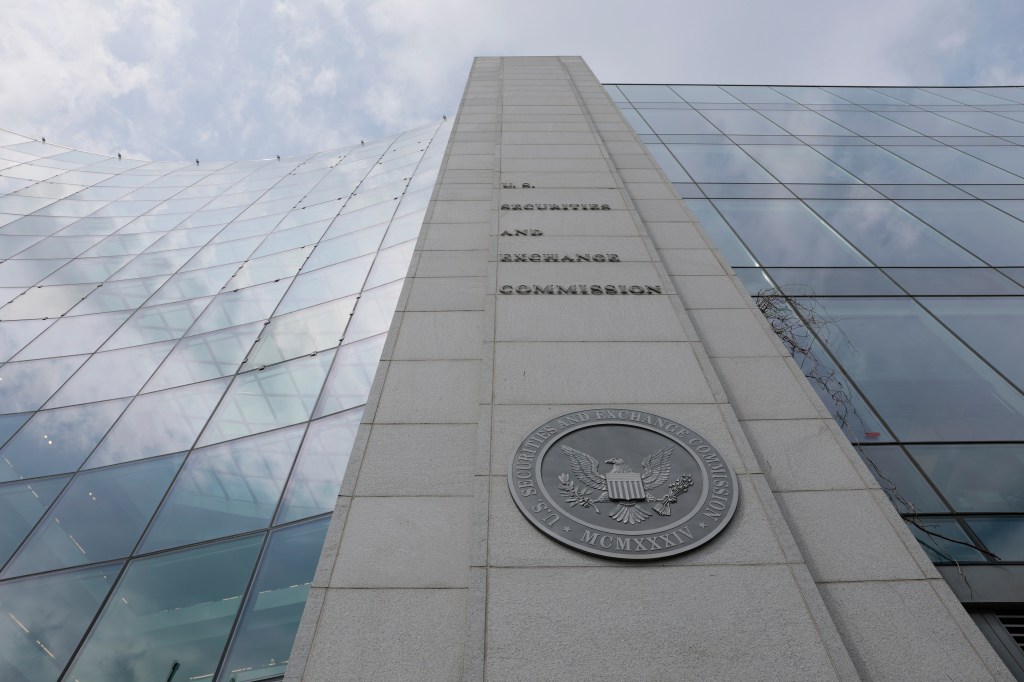Before we dive into what the Trump Administration is doing to eliminate or scale back many rules in the Environmental, Social and Governance (ESG) context, there is one thing to remember – some US states and other countries where large entities do cross-border business have their own ESG-related mandates that need
Register for free to keep reading
To continue reading this article and unlock full access to GRIP, register now. You’ll enjoy free access to all content until our subscription service launches in early 2026.
- Unlimited access to industry insights
- Stay on top of key rules and regulatory changes with our Rules Navigator
- Ad-free experience with no distractions
- Regular podcasts from trusted external experts
- Fresh compliance and regulatory content every day













